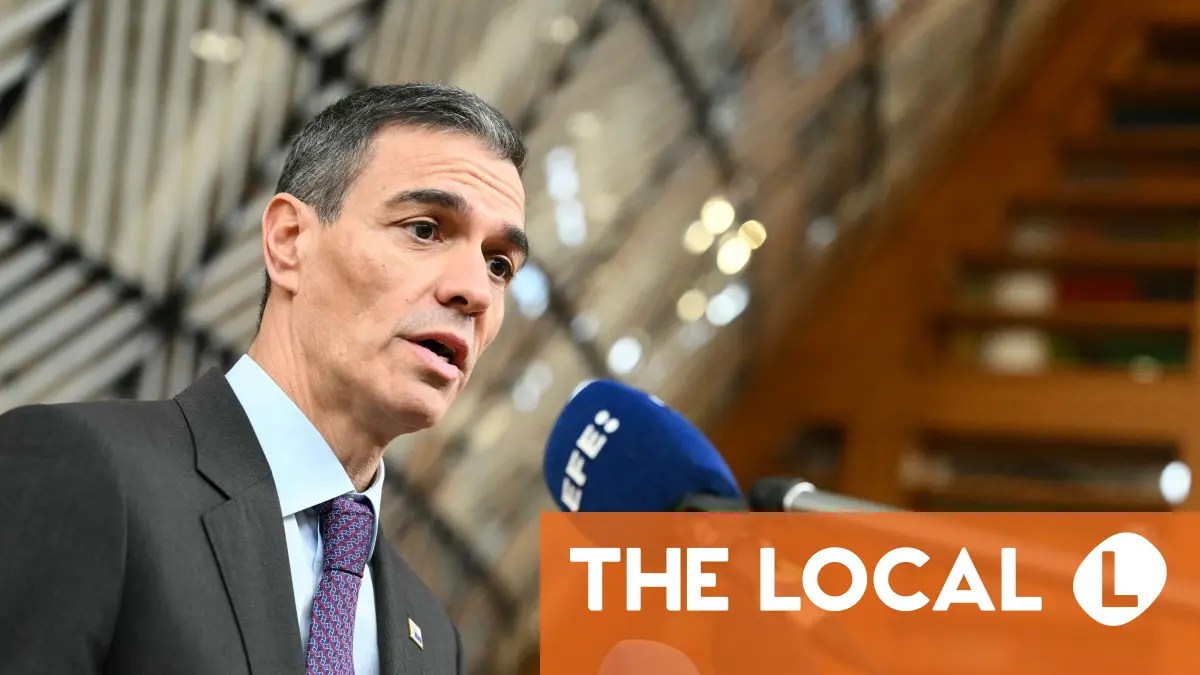Shorouk Express
Old wounds reopened
Historical fault lines have also resurfaced, amplified by right-wing groups and fueling a powerful narrative of imbalance.
During World War II, Ukrainian nationalists killed tens of thousands of Polish civilians in Volhynia in what is now western Ukraine — atrocities widely known in Poland as the Wołyń massacres. Earlier still, in 1918, Polish youths known as the Orlęta Lwowskie (Lwów Eaglets) fought bitter battles over the city of Lviv, now part of Ukraine. Even though the conflicts took place generations ago, they remain potent symbols of sacrifice and suffering in Polish historical memory.
“Our children died for Lwów (Lviv), for Wołyń, and now they come here and just want to take, take, take,” one farmer says. He declines to give his name but insists that Poles have already paid too steep a price.
Such raw sentiments have helped shape the presidential election campaign. Politicians of all colors have seized on Volhynia, using the tragedy to question Ukraine’s moral standing or to demand concessions from Kyiv. Amid the rancor, however, there has been one small breakthrough: Ukrainian authorities recently agreed to begin exhumations at three sites — a step many Poles see as crucial for acknowledging wartime atrocities.
Meanwhile, voter dissatisfaction with Donald Tusk’s brief tenure as prime minister is growing. With only a fraction of his centrist coalition’s 100 electoral promises fulfilled — stymied by legislative roadblocks left by its Law and Justice (PiS) party predecessors and infighting among allies — the Polish leader is under mounting pressure.
His ally, Warsaw Mayor Rafał Trzaskowski, is running for the presidency — and if he wins in May, they could finally navigate a way out of the political minefield left by PiS. But the two face the challenge of supporting Ukraine without alienating voters, walking a thin line that risks satisfying no one.













